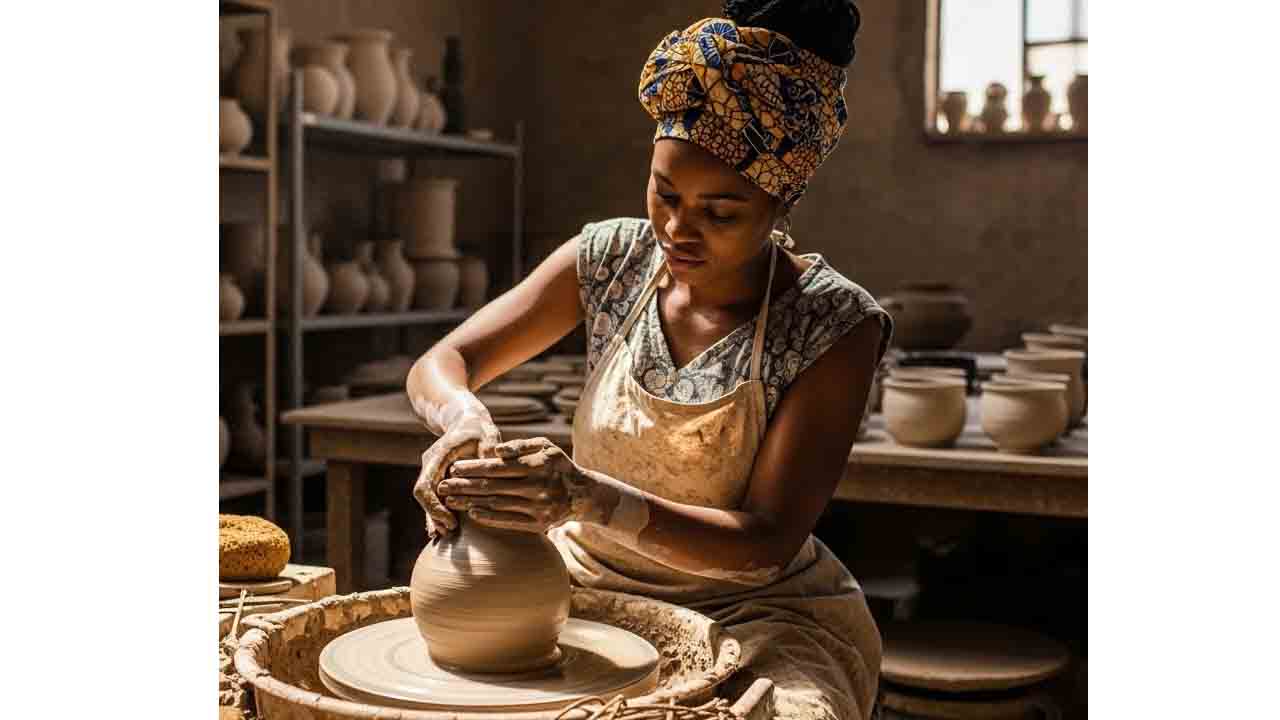What if every woman—no matter her background, job, or marital status—received a fixed amount of money every month, without needing to apply or explain how she’ll use it?
This is not just a dream. It’s a real idea gaining global attention. It’s called Universal Basic Income (UBI), and it could transform the lives of millions of women across Africa.
What Is Universal Basic Income (UBI)?
Universal Basic Income (UBI) is a system where every citizen receives a regular, unconditional sum of money from the government, simply for being alive.
It has four key features:
- Universal: Everyone gets it—rich or poor, employed or unemployed.
- Unconditional: No need to work, apply, or prove anything.
- Regular: Payments come at set intervals (monthly, quarterly, etc.).
- Cash-based: It’s actual money you can use however you want.
Where Has UBI Been Tried?
UBI has moved from theory to practice in several countries, with promising results:
- Finland (2017–2018): 2,000 unemployed people were given €560/month. The trial showed improved well-being, lower stress, and better motivation to work.
- Kenya (Ongoing): Nonprofit GiveDirectly launched the world’s largest UBI experiment in rural areas. Households receiving cash reported better nutrition, school attendance, and lower stress levels.
- Namibia (2008): In Otjivero village, residents received N$100/month for two years. The results were striking:
1. Poverty dropped from 76% to 37%
2. Child malnutrition fell from 42% to 10%
3. School attendance increased significantly - United States: Cities like Stockton, California piloted giving residents $500/month, resulting in increased full-time employment and reduced anxiety.
Why UBI Matters for African Women
Africa’s women often bear the brunt of economic inequality, unpaid labor, and social exclusion. UBI could shift that.
1. Financial Independence
Many women across Africa are financially dependent on their spouses, families, or inconsistent income from informal jobs. UBI would guarantee a financial baseline, helping them make choices for themselves and their children.
2. Support for Informal Work and Caregivers
Women dominate the informal economy, where income is unstable. They also provide the majority of unpaid care work—raising children, cooking, caregiving—which isn’t valued in economic systems. UBI recognizes and supports this hidden labor.
3. Boosting Girls’ Education
Families often prioritize boys when money is tight. A consistent income—even modest—can help keep more girls in school, reducing early marriages and teenage pregnancies.
4. Freedom to Pursue Ambitions
With a safety net, women can start small businesses, take vocational training, or engage in activism or community leadership—without the fear of financial ruin.
The Numbers Speak Loudly
- Over 70% of women in sub-Saharan Africa work in vulnerable employment, with little or no job security.
(Source: ILO, 2023) - Women perform 3x more unpaid care work than men globally.
(Source: UN Women) - According to the World Bank, women in low-income African countries are 27% less likely to own a bank account compared to men.
These figures paint a clear picture: African women are being left out of formal economic systems—and UBI could be a game-changer.
Challenges to Consider
UBI isn’t without its critics or challenges:
- Funding it sustainably is a major concern—especially in low-income countries.
- Political will and trust in government systems need strengthening.
- It must be designed alongside other services like healthcare, education, and housing—not as a replacement.
But even a partial UBI model—targeting vulnerable populations like single mothers, rural women, or informal workers—could still make a massive impact.
Final Thoughts
Universal Basic Income isn’t just about money—it’s about dignity, freedom, and opportunity.
For African women, it could mean:
- Choosing education over early marriage
- Escaping abusive relationships
- Starting a business
- Saying yes to bold dreams without worrying about survival
As we think about the future of African economies, women must be at the center of policy innovation. UBI is not a silver bullet—but it is a bold, possible step toward a more just and inclusive Africa.




